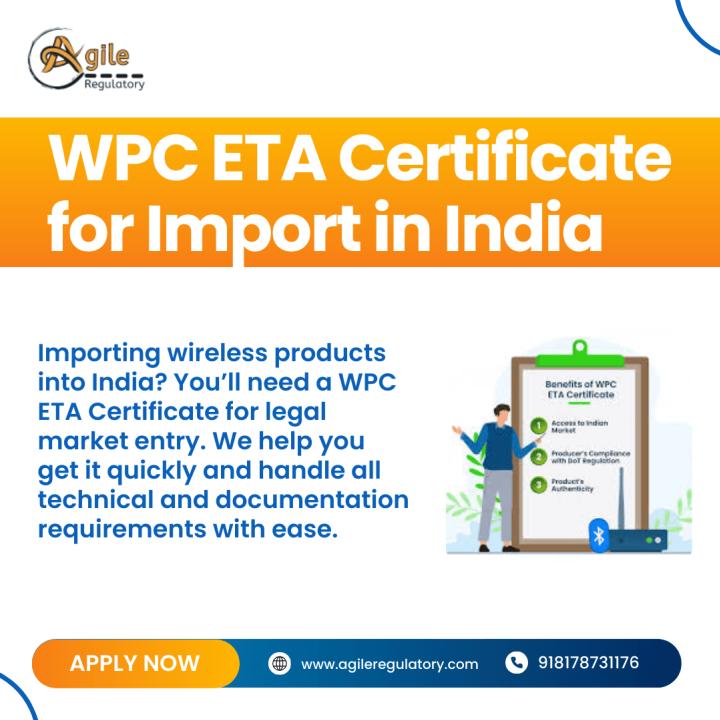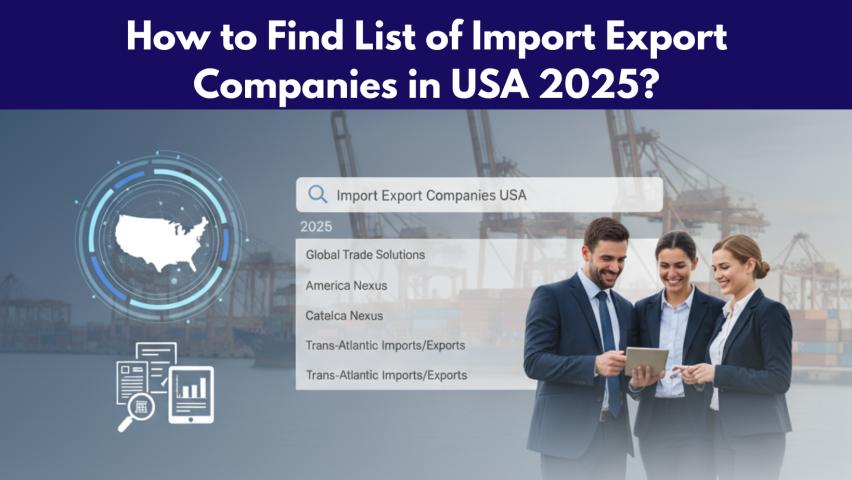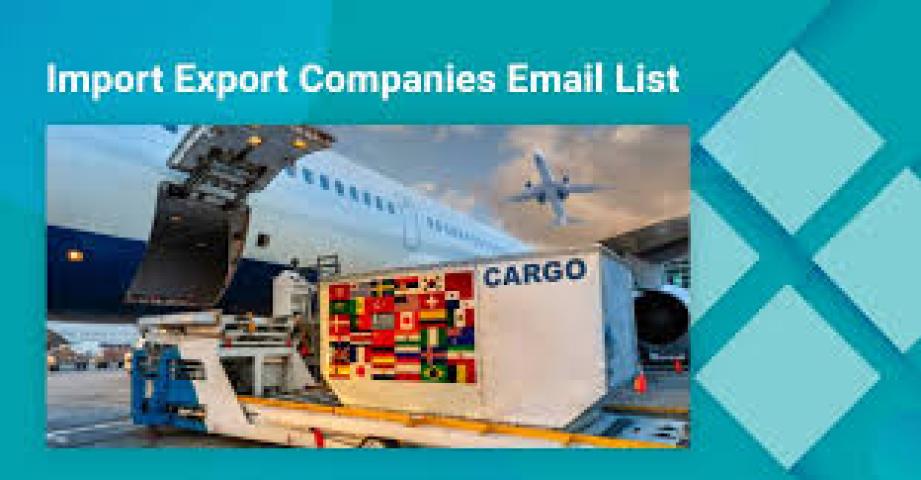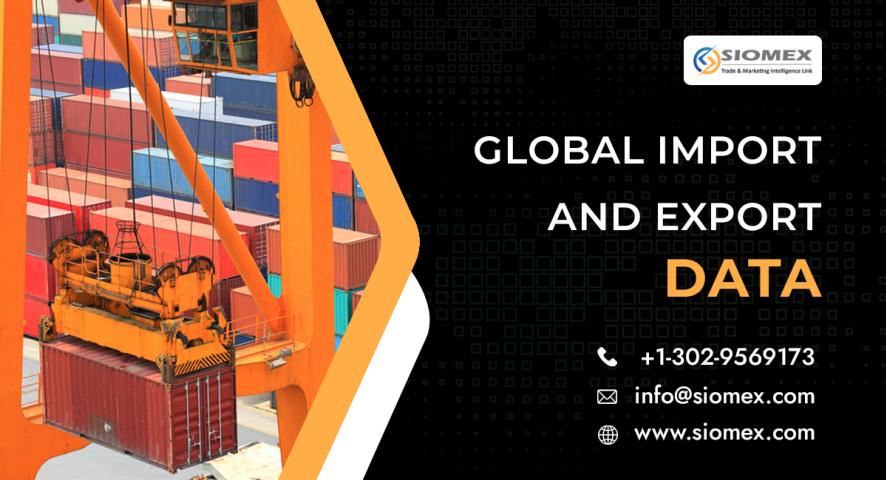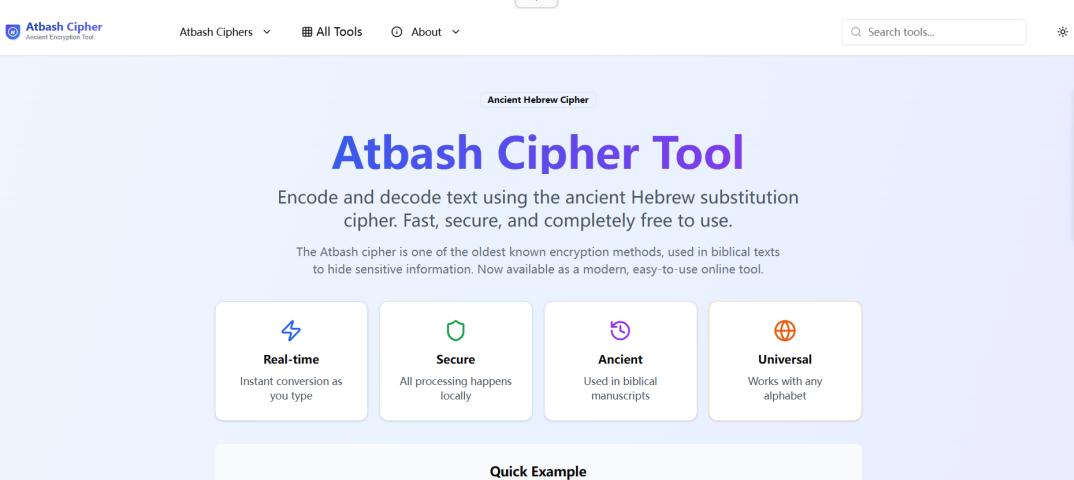India’s electronics market is poised for exponential growth in 2025, driven by increasing digital adoption, the “Make in India” initiative, and rising consumer demand. As one of the largest electronics markets globally, India offers immense potential for manufacturers, importers, and startups. However, to successfully enter and operate in this space, navigating the regulatory landscape is critical. Compliance with Indian standards not only ensures smooth operations but also helps build consumer trust and avoids penalties.
Understanding the Regulatory Landscape
Entering India’s electronics sector involves complying with a range of certifications, registrations, and licenses enforced by multiple government bodies. These include the Bureau of Indian Standards (BIS), Ministry of Electronics and Information Technology (MeitY), Wireless Planning & Coordination (WPC) Wing, and Ministry of Environment, Forest and Climate Change (MoEFCC) for E-Waste and Plastic Waste rules under EPR.
1. BIS Registration (Compulsory Registration Scheme - CRS)
The BIS CRS is mandatory for over 80 categories of electronic and IT products such as LED lights, mobile phones, power banks, and laptops. Products must be tested in BIS-recognized labs and registered before they can be sold in India. In 2025, BIS is expected to expand its list to include new-age tech products like smart wearables, AI-powered devices, and IoT gadgets.
Key Steps:
-
Product testing in an accredited lab
-
Application submission with technical documents
-
Grant of BIS Registration Certificate
Non-compliance may result in product seizure or legal penalties.
2. WPC Import License (ETA Certificate)
Any wireless device that operates on radio frequencies — including Bluetooth speakers, Wi-Fi routers, drones, and smartwatches — requires an Equipment Type Approval (ETA) from the WPC Wing, under the Ministry of Communications.
Through Agile Regulatory, businesses can obtain the WPC Import License seamlessly. The process involves RF testing of the product in an Indian lab, preparation of the technical file, and submission to WPC for ETA approval. Agile Regulatory’s team handles the documentation, lab coordination, and follow-ups, ensuring you get the license with minimal delays. Whether you're importing wireless-enabled modules or complete gadgets, Agile helps you stay compliant and avoid customs clearance issues.
3. Extended Producer Responsibility (EPR)
For businesses dealing with electronic and electrical equipment, EPR registration is mandatory under E-Waste Management Rules. As of 2025, stricter guidelines apply, and producers must register on the CPCB portal, create a take-back system, and submit annual returns.
Similarly, products involving plastic packaging require EPR Plastic Registration, which ensures environmentally responsible disposal and recycling.
4. Import-Related Compliance
Importing electronics to India requires:
-
BIS Registration (if applicable)
-
WPC ETA for wireless items
-
Customs clearance with a valid IEC (Import Export Code)
-
LMPC Certificate for packaged goods
-
Adherence to labeling norms
Agile Regulatory helps businesses handle all these steps, reducing risks of shipment delays or rejections at the port.
5. State-Level and Safety Approvals
Depending on the location and nature of your operations (e.g., warehousing, assembling, or manufacturing), you may also need:
-
Factory license
-
Pollution control board NOCs
-
Fire safety clearance
Agile Regulatory provides end-to-end support, including assistance with setting up local offices and getting environmental approvals.
Why Regulatory Compliance Matters in 2025
The Indian government is aggressively pushing for quality and safety through digital monitoring, stricter enforcement, and real-time tracking of non-compliant products. Brands that fail to comply may face import bans, heavy fines, or damage to brand reputation. On the other hand, compliant businesses enjoy better visibility on e-commerce platforms, greater customer trust, and smoother expansion opportunities.
Conclusion
India's electronics market in 2025 offers unprecedented opportunities, but only to those who prioritize regulatory readiness. From BIS to WPC, and from EPR to import compliance, a proactive approach is essential. With expert partners like Agile Regulatory, businesses can confidently launch and expand in India while staying fully compliant with all current regulations.
